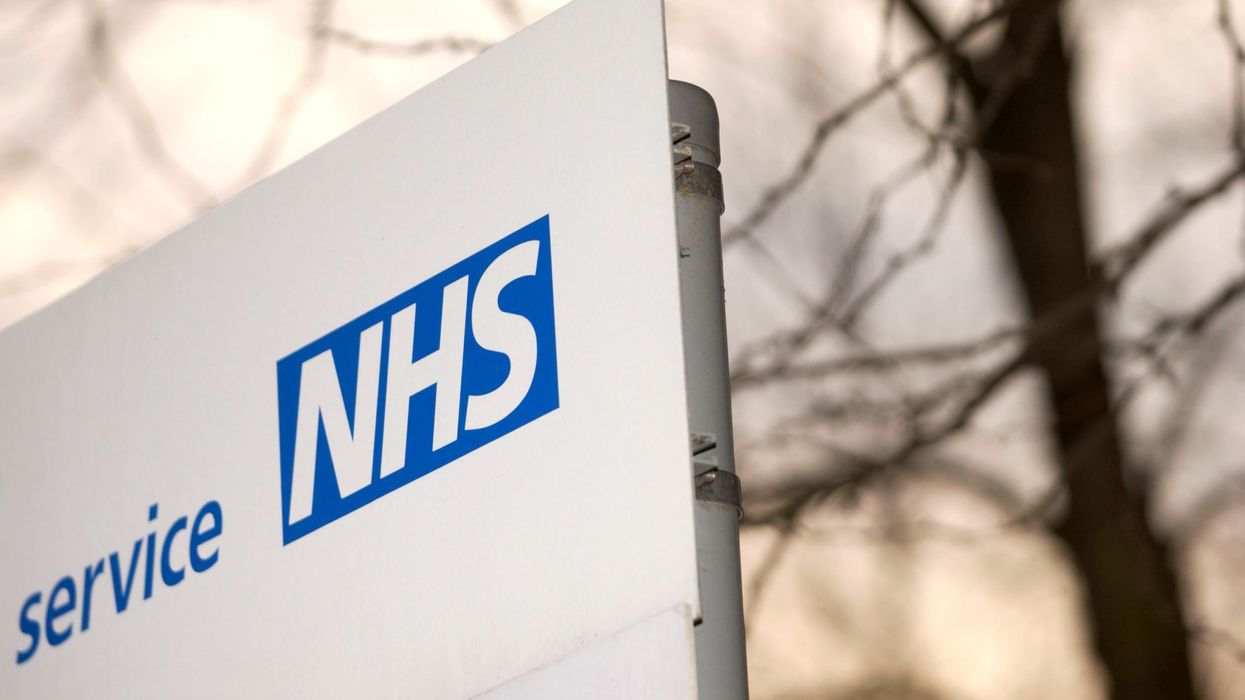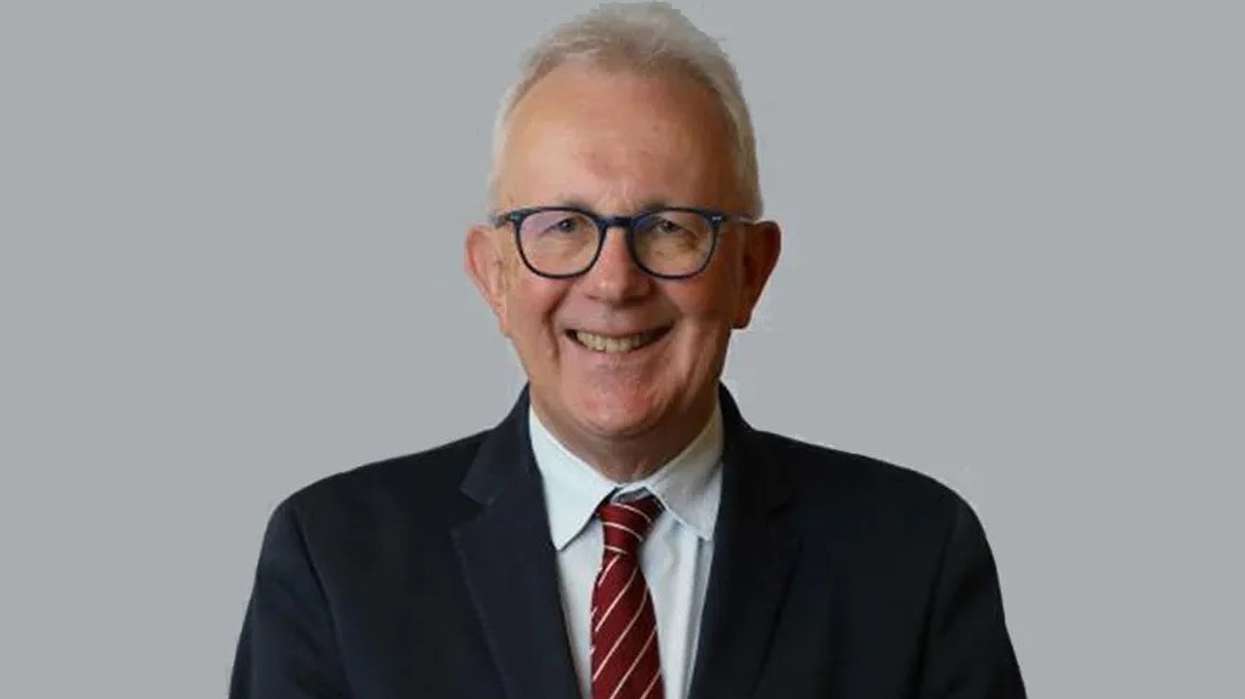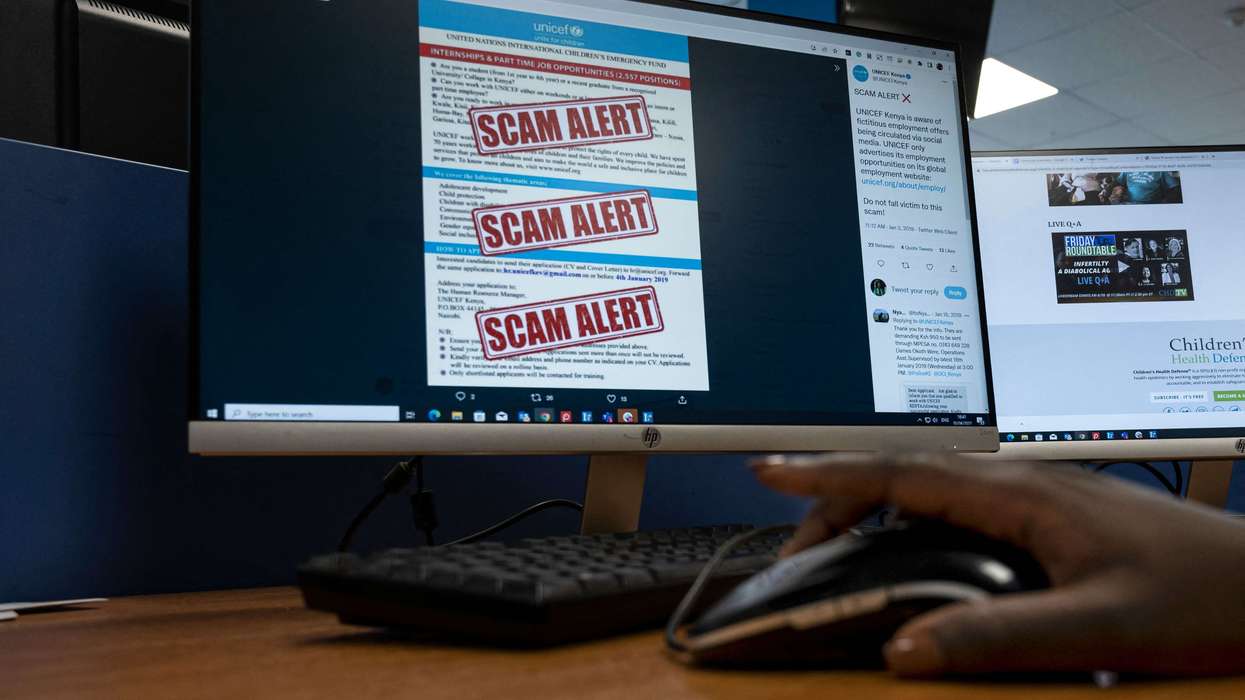NHS England has announced that the Electronic Prescription Service (EPS) has been fully extended to prison healthcare services.
The rollout, which began last September, has allowed prescribers working in prisons in England to issue EPS ‘To Take Out’ (TTO) and critical prescriptions electronically to community pharmacies.
Those getting released from prison will get their EPS prescription, and they no longer need to collect paper FP10 forms.
Prescribers have been asked to communicate to patients about their electronic prescriptions and to inform them that they are entitled to free prescriptions.
The current EPS implementation for detained estates prescribers covers medication at the point of release and critical items where the usual supply of medicines can’t be supplied locally, and discharge medications upon release.
However, the controlled drug instalment prescribing would still require the use of paper FP10 MDA forms.
Prison prescribers may not be able to amend prescriptions post-release.
Patients can be directed to register with a new GP or contact NHS 111 for any medication changes or duplicate prescriptions.
An HM prison-issued FP10 or FP10MDA prescription issued to a person released from prison is exempt from NHS prescription charges.
Some pharmacy teams have requested that their system supplier identify HMP prescriptions and set these to the exemption category by default.
This electronic system ensures they receive timely access to essential medications.












